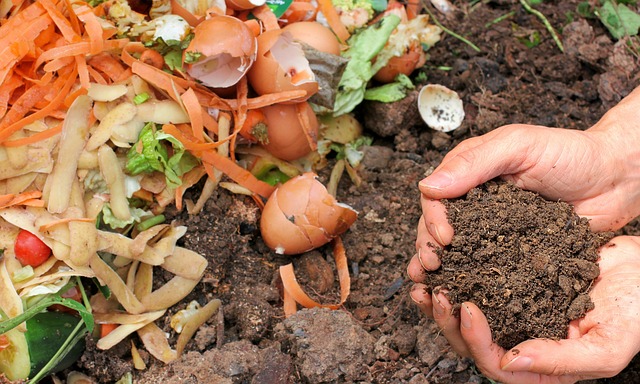Day: April 1, 2024
The Ultimate Guide to Sustainable Landscaping Practices
Welcome to the ultimate guide to sustainable landscaping practices! Are you ready to transform your outdoor space into a green oasis that looks beautiful and helps the environment? In this blog post, we will explore various eco-friendly techniques and tips to create a sustainable landscape that benefits both you and the planet. So, grab your gardening gloves, and let’s get started on our journey towards a greener future.
Choose Native Plants
When it comes to sustainable landscaping, choosing native plants is key. Native plants naturally occur in a specific region and have adapted to the local climate and soil conditions over time. By incorporating native plants into your landscape design, you can create a low-maintenance garden that thrives without excessive watering or chemical fertilizers. Native plants also provide essential habitat and food sources for local wildlife, helping to promote biodiversity in your backyard. Additionally, these plants are often more resistant to pests and diseases, reducing the need for harmful pesticides.
Practice Water Conservation
Water is a precious resource that we must protect in our landscapes. By practicing water conservation, you can significantly impact the environment. Implementing simple strategies like collecting rainwater for irrigation or using drip irrigation systems can help reduce water waste significantly. Choose drought-tolerant plants native to your region to minimize water usage while still maintaining a beautiful landscape. Mulching around plants helps retain moisture in the soil, reducing the need for frequent watering. Adjusting your watering schedule based on weather conditions can prevent over-watering and promote healthier plant growth.

Compost Organic Waste
When it comes to sustainable landscaping practices, composting organic waste is a game-changer. Instead of sending your kitchen scraps and yard trimmings to the landfill where they contribute to greenhouse gas emissions, why not turn them into nutrient-rich soil for your garden? Composting is a simple and effective way to reduce waste while improving your plants’ health. By diverting organic materials from landfills, you’re not only preventing harmful methane gas from being released into the atmosphere but also creating a natural fertilizer that will help your garden thrive. Plus, composting can save you money on store-bought fertilizers in the long run. Whether you opt for a traditional compost bin or try vermicomposting with worms, plenty of methods suit every gardener’s needs.
Implement Permeable Surfaces
Implementing permeable surfaces in your landscaping is a game-changer for sustainability. These surfaces allow rainwater to seep into the ground rather than contributing to stormwater runoff. By choosing materials like pervious concrete, permeable pavers, or gravel, you can reduce erosion and help recharge groundwater. Not only do permeable surfaces prevent water pollution by filtering out contaminants before they reach water bodies, but they also minimize flooding risk by managing excess water efficiently. This eco-friendly solution promotes biodiversity by supporting natural drainage processes instead of overwhelming sewer systems. Embracing permeable surfaces adds aesthetic value to your landscape while benefiting the environment.
Incorporating sustainable landscaping practices benefits the environment and creates a healthier and more beautiful outdoor space. By choosing native plants, practicing …
